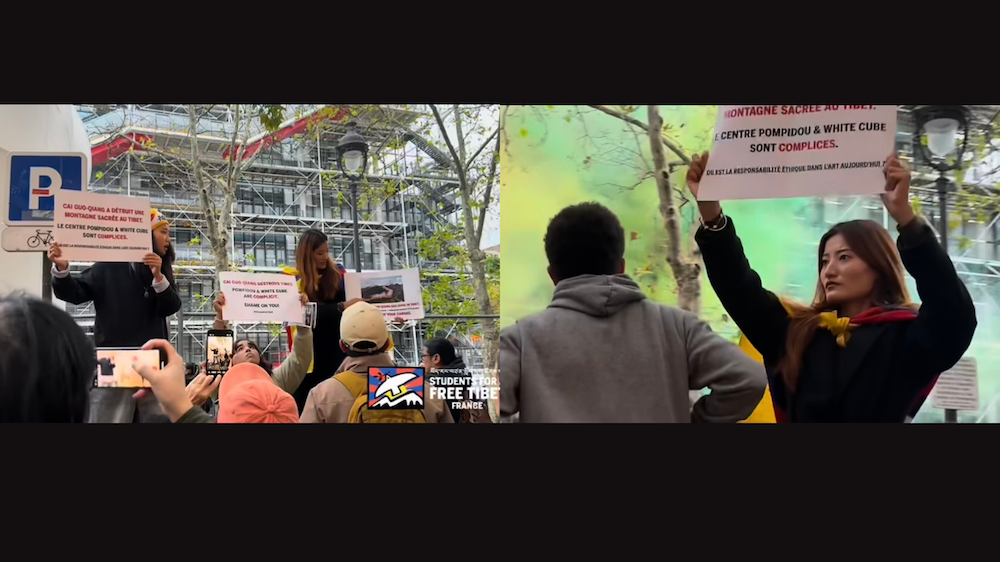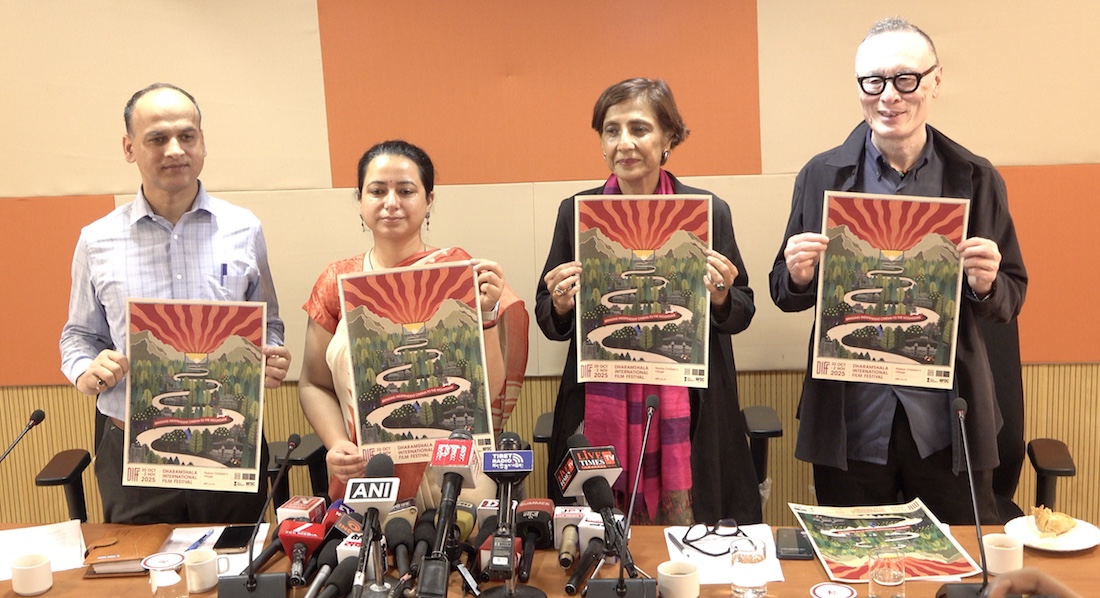BEIJING – Foreign Office Minister Bill Rammell raised concerns about human rights and Tibet during a visit to China, but said there are signs that Beijing is moving in the right direction.
“There are a number of positive developments that give me confidence that China is very much moving in the right direction,” Rammell told reporters Thursday on the last day of a two-day visit.
“In economic reform there are huge changes taking place. In rule of law, I think there are very significant developments.
“There are lesser developments, although there are some positive trends, in terms of individual freedoms and human rights.”
Rammell cited improvements in implementing the rule of law, greater openness in the government’s handling of the SARS outbreak this year, and China’s efforts to help resolve the North Korean nuclear issue.
He also cited China’s decision to hold dialogue this year with representatives of the exiled Tibetan leader, the Dalai Lama.
But Rammell said there were still “significant concerns in a number of areas”, which Britain will continue to press China to improve.
In talks with Chinese Assistant Foreign Minister Zhang Yesui, Rammell said he questioned the death sentence of Tibetan monk Tensin Deleg Rinpoche, 52, who was convicted of engaging in a series of bomb blasts in southwestern Sichuan province.
Rinpoche’s appeal was rejected in January, but his sentence was given a two-year reprieve, which could mean it will be commuted to life imprisonment.
Rammell said he also urged China to continue talking with the Dalai Lama’s representatives.
“I argued dialogue with representatives of the Dalai Lama is the best way forward to actually resolve this,” Rammell said, citing Britain’s experience with Northern Ireland as an example where greater dialogue had worked.
China’s rule over Tibet, since a takeover in 1951, has been troubled. In 1959, the Dalai Lama fled China and formed a government in exile in northern India.
Rammell said he also requested China stop jamming the BBC’s radio service and website. “I hope we can get an urgent resolution on this issue,” he said.
On the North Korean nuclear crisis, Rammell said Britain was “still hopeful” that six-party talks could restart in the near future, but told China it was up to Pyongyang to commit itself to verifiably disarm.
“We’re still at the stage where we’re hopeful that they will restart within the near future,” Rammell said. “I think it needs that step from North Korea… And once it does that, all sorts of things become possible, particularly in its specific concerns on the security front.”
On Taiwan, Rammell said he told Chinese officials Britain discouraged unilteral action by either Beijing or Taipei to “change the status quo.”
That echoed US President George W. Bush’s disapproving remarks on Taiwan President Chen Shui-bian’s plans to hold a referendum to demand Beijing withdraw missiles targeting the island, considered a renegade province by China.
Rammell meanwhile rejected claims that as China becomes a mightier economic power, given its huge market, it faces less pressure from Western countries to improve human rights and can afford to ignore outside pressure.
“When we make criticisms, China does take us … seriously,” Rammell said.
“And instead of just rebutting them, seeks to explain, discuss, and sometimes you do get movement.”









